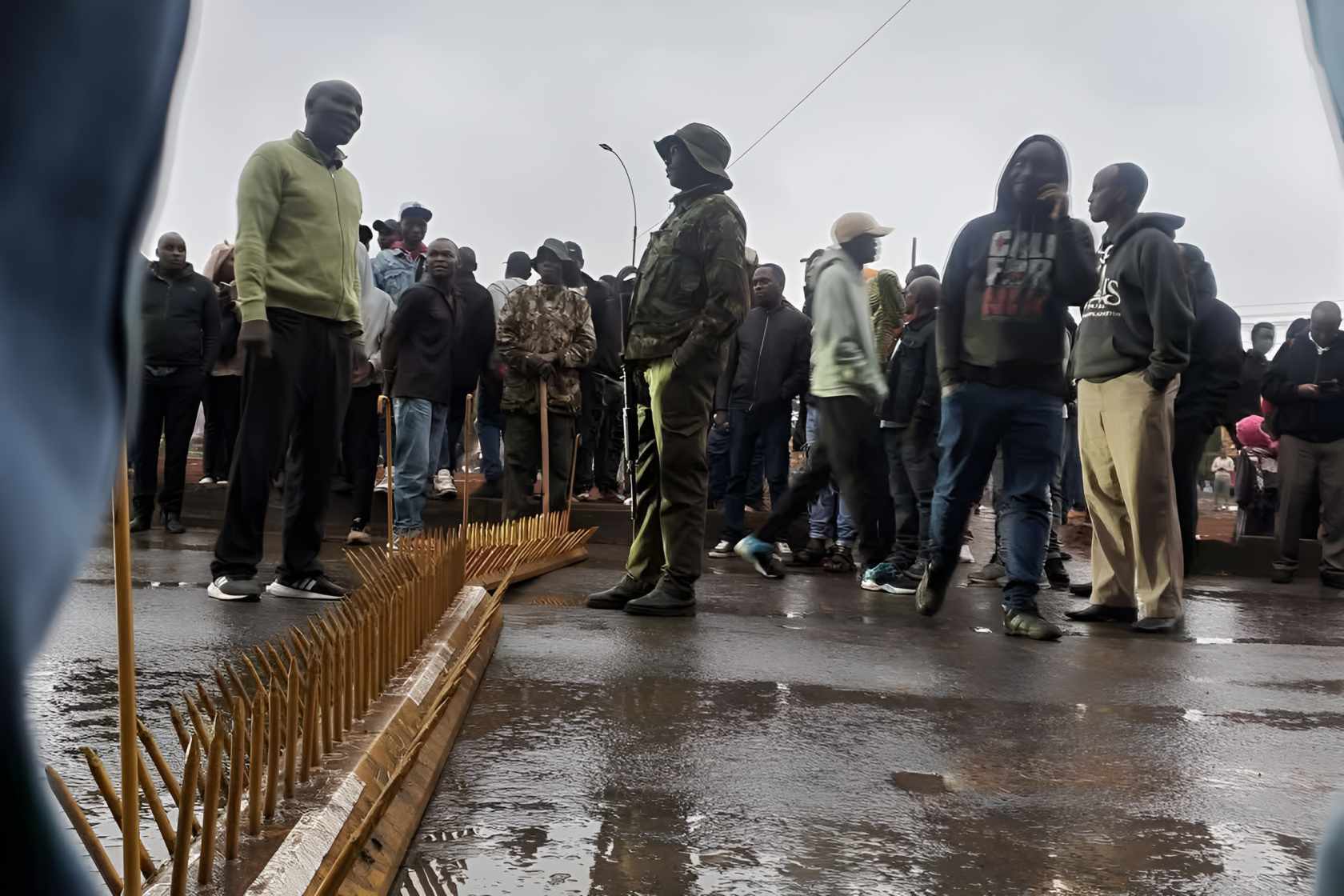Sh10.4 billion gone in a day as police clamp down on Nairobi

The sectors hardest hit included financial and insurance services, which bring in Sh885.6 billion per year, followed by real estate at Sh628.4 billion and transport and storage at Sh581.2 billion.
A heavy police lockdown turned Nairobi into a city of closed doors and silent streets on Monday, freezing its economy and draining an estimated Sh10.4 billion in just 24 hours.
The Kenya National Bureau of Statistics (KNBS) places Nairobi’s Gross County Product at Sh3.8 trillion annually—equivalent to Sh10.4 billion per day. With businesses shut, roads blocked and activity brought to a halt amid preparations for Saba Saba protests, the city lost its full daily output.
It was an unusual morning for the capital, where dawn normally brings traffic jams, early trading and a flurry of movement. Instead, key streets were empty, buildings remained shut, and uniformed and plainclothes police officers took over the landscape. The familiar pulse of Nairobi’s economy was missing.
Several companies and institutions chose not to open, citing safety concerns.
“Dear customer, due to the ongoing protests, several of our branches are currently closed,” DTB Bank told clients in a message.
The sectors hardest hit included financial and insurance services, which bring in Sh885.6 billion per year, followed by real estate at Sh628.4 billion and transport and storage at Sh581.2 billion.
These major contributors to Nairobi’s economy were unable to operate under the shutdown.
Beyond Nairobi’s boundaries, counties that depend on the capital for commerce and logistics likely suffered knock-on effects, though their losses were not immediately clear.
KNBS data shows Nairobi contributes 27.5 percent to Kenya’s gross domestic product (GDP), valued at Sh16.2 trillion.
The city also leads in per capita output, with each resident contributing an average of Sh802,344 annually, almost three times the national average of Sh293,229.
“Nairobi City leads with a GCP per capita of Sh802,344 ,nearly three times the national average,” the KNBS report states, crediting the capital’s dominance to its central role in business and government.
The police operation may have prevented protests, but it also exposed how deeply Nairobi’s economy relies on daily movement, trade and open streets. For a city that fuels the national economy, one day of silence came at a steep cost.
